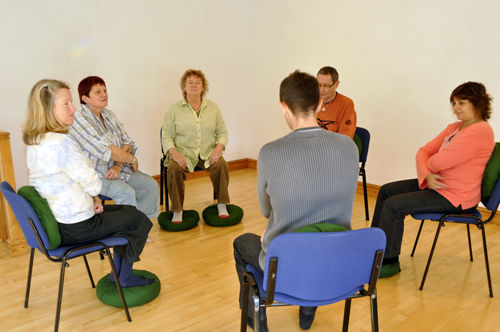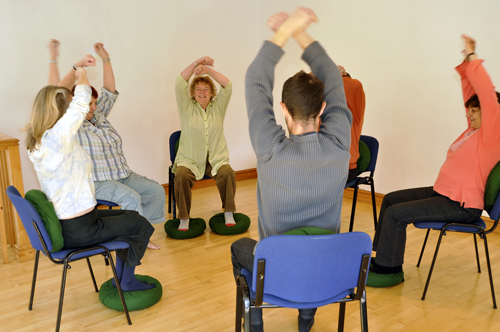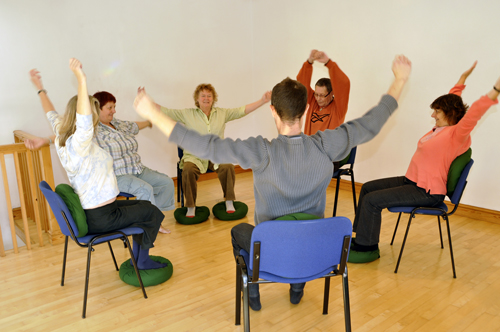Mindfulness
 |
 |
 |
What is mindfulness?
Mindfulness, or mindful awareness, is a state of present-moment attention in which you can clearly perceive thoughts, physical sensations, emotions and events at the moment they occur without reacting in an automatic or habitual way. This means that you can make choices as to how you respond to things and have a rich and fulfilling life, even when experiencing difficult circumstances.
Mindfulness is taught through undertaking various mindfulness meditation practices. These include bringing attention to your breath and your body during
stillness and movement, and through developing awareness of your thoughts and emotions towards yourself and others.
For a more in-depth look at what mindfulness means to me read my article “What is mindfulness?”
Why practice it?
Some of the recognised benefits of practicing mindfulness include:
- Feeling more centred, focused and calm
- Managing difficult thoughts and emotions
- Developing greater acceptance, kindness and compassion towards yourself and others
- Increasing your awareness of pleasant events and surroundings so you can live a far richer life
- Greater confidence to take the initiative whatever life brings
The health benefits of undertaking mindfulness meditation practices have been the subject of substantial research in recent years, both in the U.K. and in the USA. In 2013 there were 477 scientific journal papers published on the benefits of mindfulness.
The Centre for Mindfulness Research and Practice at Bangor University, the Oxford Mindfulness Centre, the Massachusetts Centre for Mindfulness, and Breathworks, amongst others, have examined the efficacy of mindfulness based practices.
The research has found that regular mindfulness practice can significantly benefit both psychological and physical health, and is a particularly effective treatment for stress, anxiety, depression and chronic pain.
You don’t have to be ill, however, to benefit from practicing mindfulness, and various mindfulness-based approaches are currently being taught in schools and within many workplaces including the NHS.
How to practice it?
The easiest way to learn how to practice mindfulness meditation is through attending an accredited training course. Christopher Joseph Mindfulness Training run Breathworks mindfulness courses in Cardiff. Breathworks courses are accredited by the Federation of Holistic Therapists.
To find out more about our latest courses and taster sessions take a look at the events on the right hand column of this page. Alternatively, you can learn mindfulness through one to one sessions in person, on the telephone or via Skype. Please contact us to see how we can help you.